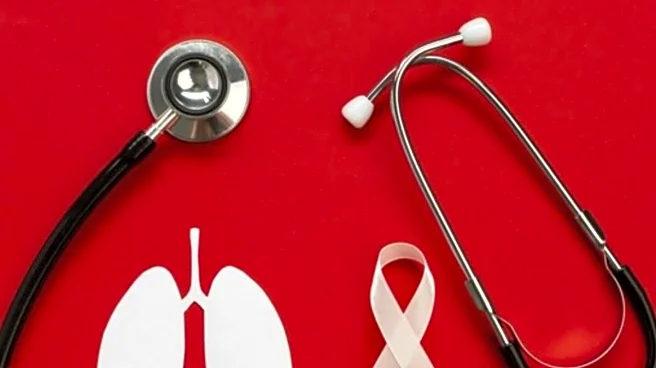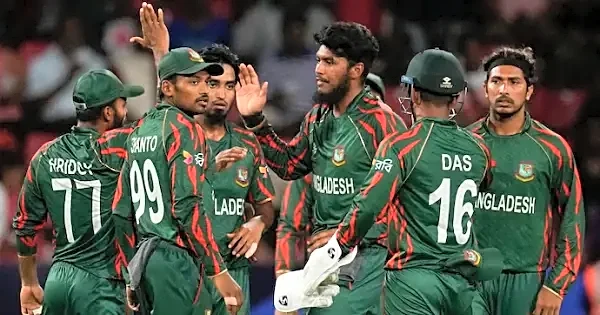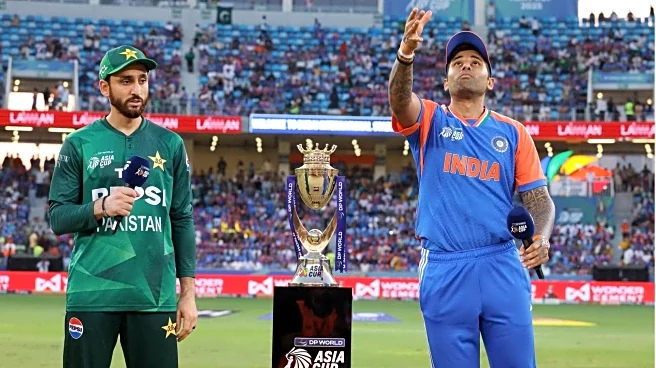September is celebrated as Poshan Maah, a month dedicated to raising awareness about the importance of nutrition for a healthier India. While much of the conversation focuses on combating childhood anaemia,
malnutrition, and maternal health, it is equally important to recognise the role that nutrition plays in tackling infectious diseases like tuberculosis (TB). When we talk about TB, the spotlight often falls on medicines, diagnosis, and public health programmes. Yet one factor that silently fuels this disease, and determines who is most at risk, is nutrition. A well-nourished body, with stronger immunity, can fight off TB infection and recover faster. On the other hand, undernutrition makes people far more vulnerable — not just to getting infected, but also to dying from the disease.
India, unfortunately, continues to bear the brunt. TB remains our leading infectious disease killer, according to the latest SRS report. Most TB deaths in India happen shockingly early – within the first two months of diagnosis, and half of them within the first two weeks – particularly among the most vulnerable.
Globally, the World Health Organization has set ambitious targets: by 2030, reduce TB incidence by 80% and mortality by 90% compared to 2015 levels. India has moved in the right direction, bringing incidence down by nearly 18% and mortality by more than 21% between 2015 and 2023. Yet over three lakh lives were lost in the same year. Many of those deaths were preventable and undernutrition remains the single biggest risk factor.
The government has rightly recognised this. The Ni-kshay Poshan Yojana provides ₹1,000 a month to TB patients during treatment, while the Ni-kshay Mitra initiative enables community members to donate nutritious food baskets. Importantly, India has also led the way in proving the nutrition-TB link scientifically. The landmark RATIONS trial by the Indian Council of Medical Research showed that giving nutrition support to TB patients and their families reduced TB incidence by 39% and cut the risk of death by 60%. These are not abstract percentages – they represent lives saved through something as basic as timely food support.
We also have promising models within India that have shown to reduce deaths. In Tamil Nadu, the TN-KET model has demonstrated the value of providing patient-specific TB care. Right at the start, patients are screened for co-morbidities and risk factors that might jeopardise their recovery. Patients at a higher risk of death are provided care tailored to their unique needs. Severely undernourished individuals, for example, are admitted for in-patient care, provided intensive nutrition, and then followed up at home by community health workers like ASHAs and Anganwadi workers. This year, the Ministry of Health and Family Welfare issued national guidelines for this Differentiated TB Care approach, which is a major step forward.
But let’s be clear: policies alone won’t get us to TB elimination. Communities are the backbone of this fight. Families, frontline workers, and volunteers need to be equipped to spot ‘red flag’ symptoms – like persistent vomiting, difficulty in breathing, or severe chest pain – that may signal complications and then refer patients to nearest health facility for appropriate care. They also play a central role in ensuring nutritional counselling, medication adherence, and breaking stigma. Something as simple as teaching families about locally available, nutritious foods can make treatment far more effective. Regular awareness sessions and engagement with Self-Help Groups can create support systems that last beyond the duration of treatment.
The truth is simple: TB deaths are preventable. We’ve always known that good nutrition is the foundation of good health. Now, we have strong scientific evidence that it can literally mean the difference between life and death in TB. It’s time we scale up what works: strengthen nutrition programmes, expand differentiated TB care, and give communities the tools to act.
Dr Fauzia Khan is Nationalist Congress Party MP in Rajya Sabha. Views expressed in the above piece are personal and solely that of the author. They do not necessarily reflect News18’s views.





/images/ppid_59c68470-image-177066006549840674.webp)

/images/ppid_59c68470-image-177066006557557021.webp)


/images/ppid_a911dc6a-image-1770659827179864.webp)

/images/ppid_a911dc6a-image-177065988508731475.webp)
/images/ppid_a911dc6a-image-177065992892171021.webp)
/images/ppid_a911dc6a-image-177066002286370480.webp)